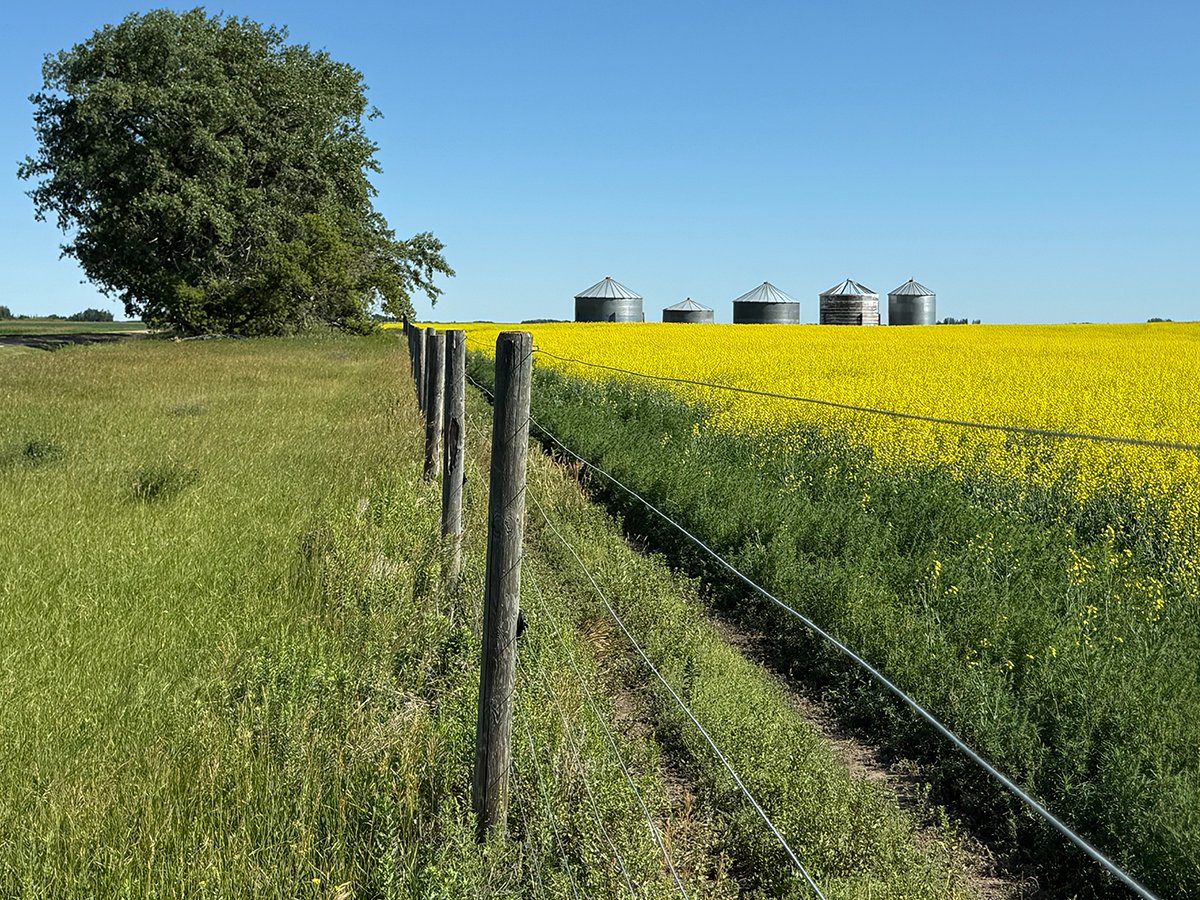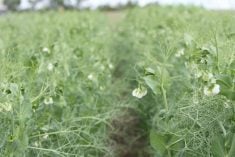WINNIPEG – It is “exceptionally unlikely” that the normal rules of global trade will be restored in January 2029, when United States President Donald Trump exits the White House, says an agricultural economist from Ontario.
Trade chaos and uncertainty could persist for years, maybe decades.
So, Canada must respond to the new realities of international trade — where countries ignore the established rules, trade disputes are commonplace and agri-food is targeted for retaliation.
Read Also

Phosphate prices to remain high
Phosphate prices are expected to remain elevated, according to Mosaic’s president.
“We can’t proceed under the assumption that … OK, we’ve got to deal with four years of Trump. (Then) the Chinese economy is going to melt down and they’re going to see the wisdom of western liberal democracy … and it’s all going to be back to the way that it was. That seems exceptionally unlikely,” said Al Mussell, research lead for Agri-Food Economic Systems, a research organization in Rockwood, Ont.
Mussell and Ted Bilyea, another ag economist with Agri-Food Economic Systems, published a paper about shifts in global trade in Sept. 2024 — months before Trump became president.
“The facts facing Canadian agri-food are changing deeply. In turn, Canada’s policy approach must change. This is not a problem that can be kicked down the road,” said the final sentence in the paper.
Their report includes a quote from Katherine Tai, the U.S. Trade Representative under President Joe Biden. In September of 2024, Tai said “there is no such thing anymore as free trade”.
It’s clear to Mussell and many other economists that the old order, where most countries accepted and followed the rules for global trade, has severely eroded.
The Canadian government and private sector must adapt to this reality,
The challenge is that Canada, especially the agriculture and agri-food industry, has benefitted from agreements and rules that govern international trade.
So, Canada should be “loathe” to abandon a system that has worked for a mid-sized country, Mussell said.
“This is a tricky situation for us. (But) if you’re the last guy following the rules — who is the dummy?”
In their paper, Bilyea and Mussell recommended that Canada follow a hybrid strategy, where it advocates for rules-based trade and responds, as needed, with industrial strategies.
As a trained economist, Mussell isn’t a fan of governments picking winners and favouring certain sectors of the economy.
Historically, those policies have been a terrible use of public funds, he noted.
But when countries such as China are trying to damage critical industries, such as imposing severe tariffs on Canadian canola imports, policymakers must respond.
“Are we suddenly going to be protectionist and grand subsidizers of agricultural products? No we’re not,” Mussell said.
“(But) we can’t ignore this … When your top-returning crop is structurally weakened … you worry that this starts to affect land values. That’s where you go from a farm earnings crisis … to a financial crisis.”
In this instance, maybe Canada needs an industrial strategy to maintain a certain number of canola acres, say 20 million acres.
That number may be needed to provide economic value for farmers, crop input suppliers, canola processors and other players in the ag sector.
“What does it take to hold that many acres? That’s industrial strategy,” he said.
“We need to take that seriously.”
















